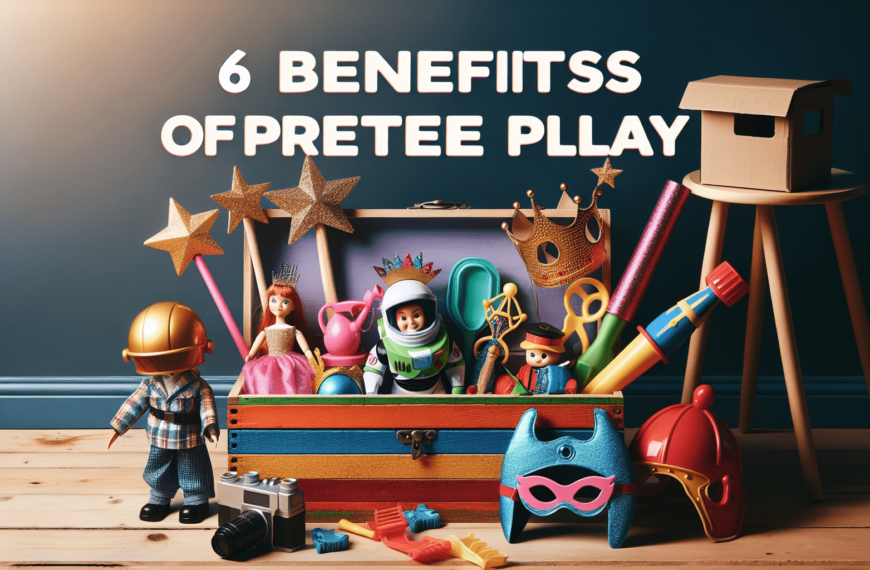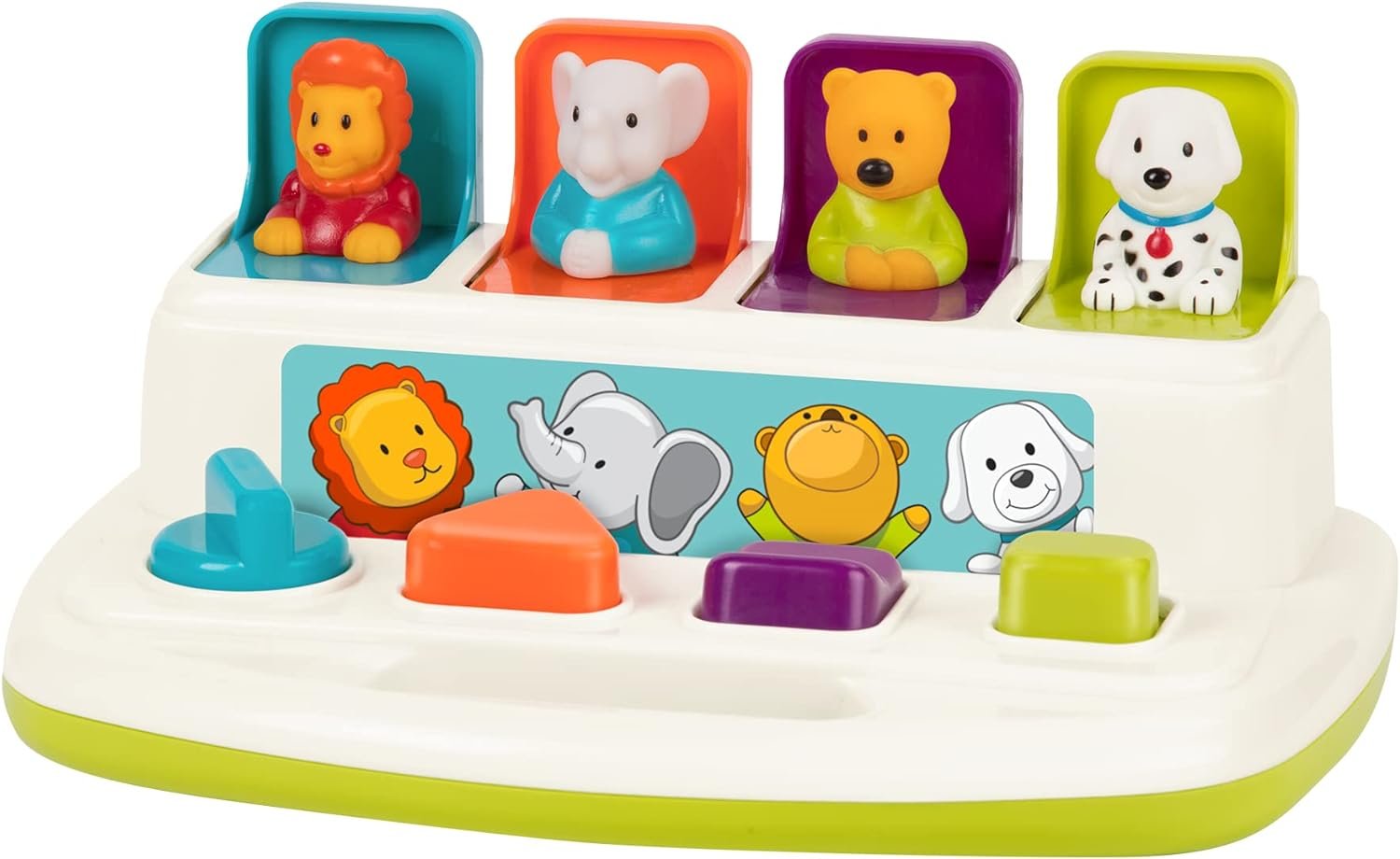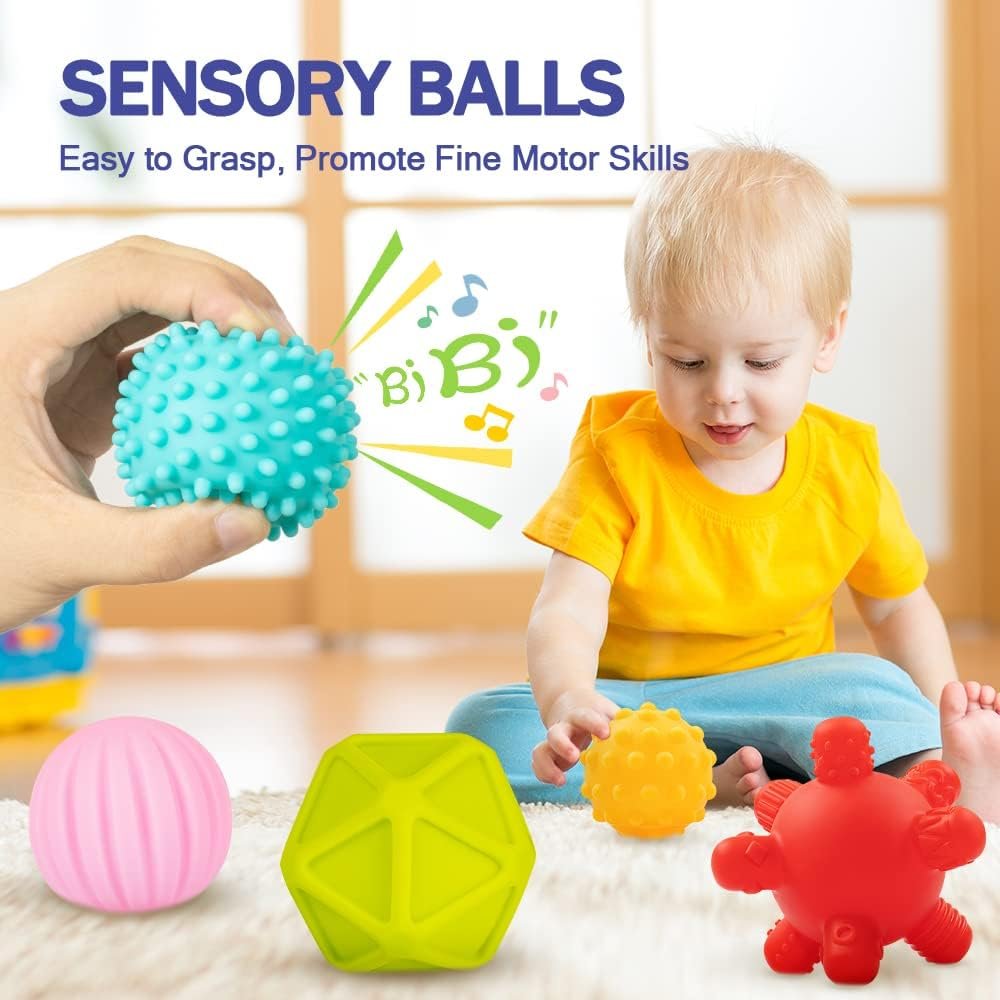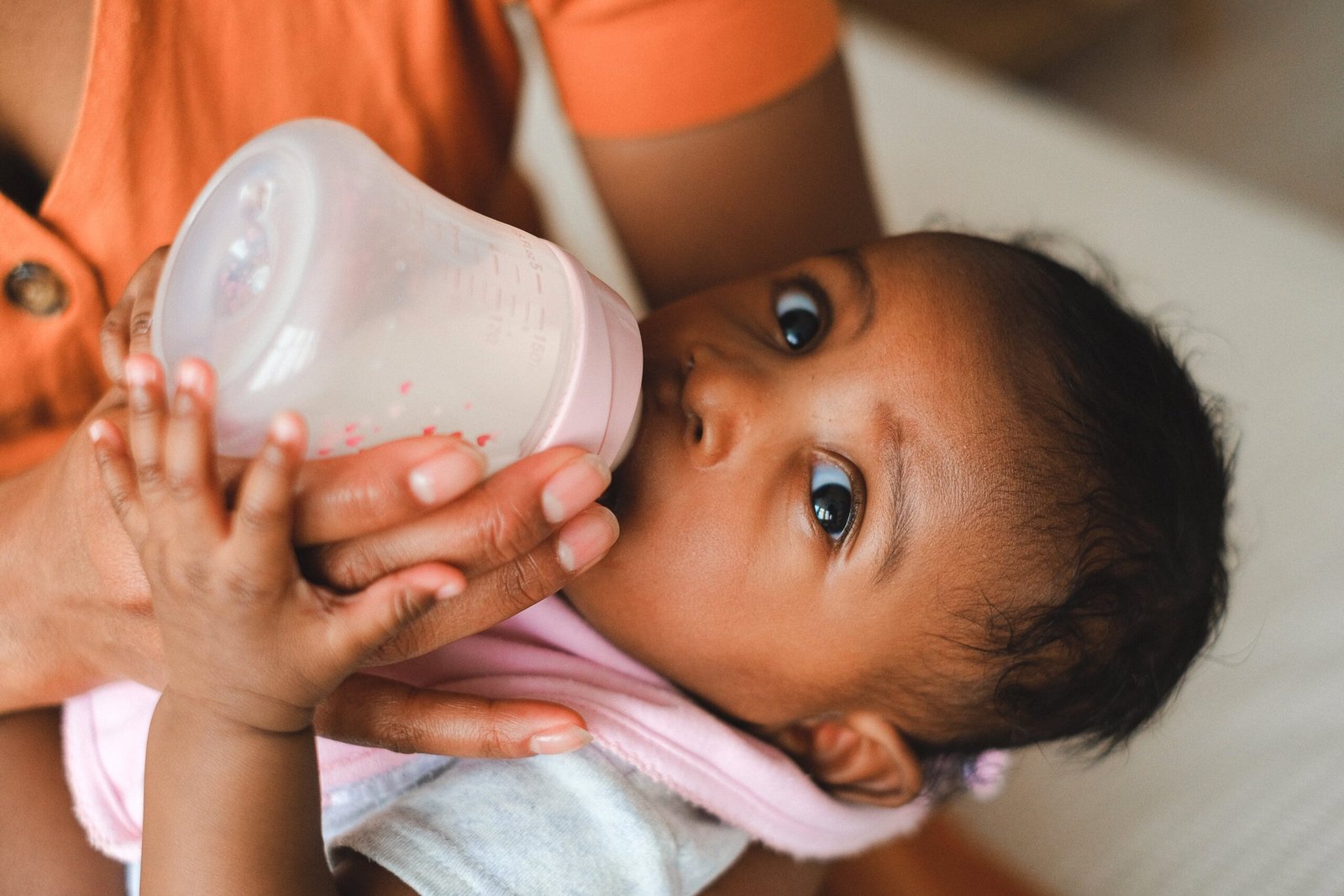In this thought-provoking article, the author explores the concept of having a favorite child. Drawing from personal experiences, the author contemplates the idea that having a favorite child does not necessarily equate to loving them more. The author shares anecdotes of their own family dynamics, where they admit to favoring their daughter without any guilt. While acknowledging the uniqueness of each child, the author emphasizes the importance of treating all children with love and care, ensuring that no child feels neglected or left out. By delving into their personal journey as a parent, the author challenges the conventional notion that having a favorite child is inherently wrong, offering a refreshed perspective on the matter.
Introduction
Favoritism among children is a topic that is often discussed with a hint of taboo. Many parents vehemently deny having a favorite child, fearing the negative connotations associated with such a statement. However, claiming to have a favorite child does not necessarily mean that one loves that child more than the others. This article delves into the complexities of parent-child relationships, explores different dynamics with different children, and sheds light on why having a favorite child does not equate to loving them more.
Personal Experience with a Favorite Child
Mother’s Experience with Her Eldest Brother
Growing up, the author’s mother never explicitly revealed if she had a favorite child. However, the author and his/her siblings always suspected that the eldest brother held a special place in their mother’s heart. The mother’s subtle actions, such as letting him sit in the front seat or laughing loudly at his jokes, hinted at a potential favoritism. While the mother never confirmed or denied it, this experience left a lasting impression on the author.
Author’s Experience as a Parent
As a parent in a big family, the author also acknowledges having a favorite child – his/her only daughter. However, this favoritism is not a reflection of love, but rather the unique dynamic that exists between a parent and child of different genders. The author asserts that this preference does not diminish the love for his/her other children, but simply acknowledges the different dynamics.
Different Dynamics with Different Children
Uniqueness of Parent-Child Relationships
Each parent-child relationship is distinct, influenced by a myriad of factors such as personality, interests, and compatibility. It is natural for parents to form different connections with each child based on these factors. While this may manifest as favoritism, it does not necessarily imply a lack of love for the other children.
Factors Influencing Dynamics
Various factors shape the dynamics between parents and their children. Birth order, shared interests, and personality traits all contribute to the unique relationship that develops over time. Parents may resonate more with certain children due to shared qualities or experiences.
Sibling Relationships
Favoritism within a family can also affect the relationships between siblings. The perception of being the unfavored child can lead to feelings of resentment, jealousy, and low self-esteem. It is vital for parents to be mindful of the potential impact on their children’s emotional well-being and strive for a fair and balanced approach.
Why Having a Favorite Child Doesn’t Mean Loving Them More
Understanding the Difference Between Preference and Love
Preference and love are distinct concepts. While a parent may have a favorite child based on personal compatibility or shared interests, it does not imply a difference in love. Love for all children should be unconditional and unwavering, irrespective of personal preferences.
Love for All Children
Parents inherently possess the capacity to love each of their children. Love is not a finite resource that must be distributed equally. Rather, it is expansive and can grow with each additional child. Parents should focus on nurturing individual relationships with each child, rather than attempting to quantify their love based on perceived favoritism.
Recognizing Personal Connection and Compatibility
Having a favorite child is often rooted in compatibility and personal connection. Parents may resonate more with a child who shares their interests or displays similar personality traits, leading to a stronger bond. Recognizing the unique qualities each child brings can help cultivate deeper relationships and foster a sense of understanding and acceptance.
The Influence of Gender
Personal Experience with a Daughter
The author shares their personal experience of being a parent to a daughter after having sons. This shift in dynamics allowed the author to indulge in activities and interests that were uniquely tailored to their daughter’s preferences. This newfound world of bows, dresses, and dolls created a deeper connection between the author and their daughter.
Gender-Specific Interests and Activities
Each gender tends to gravitate towards specific interests and activities. This can result in parents naturally aligning more closely with the child of their own gender, as they share common ground and relatable experiences. However, it is crucial to ensure that gender does not become the sole determinant of favoritism, as the individuality of each child should be celebrated.
Shared Interests and Bonding
Having a child who shares similar interests and hobbies can provide an avenue for increased bonding opportunities. Engaging in activities together, such as shopping or attending concerts, creates moments of connection and strengthens the parent-child relationship. These shared experiences contribute to the perception of favoritism but should not overshadow the love and appreciation for all children.
Entering a New World with a Daughter
Excitement and Exploration
The author reflects on the excitement and sense of discovery that arose upon having a daughter. Embracing the world of femininity opened up new avenues for interaction and understanding. The author expresses gratitude for experiencing this newfound world and the stronger connection it fostered.
Embracing New Experiences
Welcoming a child of a different gender allows parents to explore aspects of life that were previously uncharted territory. By embracing these new experiences, parents can form unique bonds with their children and create lasting memories. This newfound connection should be celebrated, alongside the love and appreciation for all children.
Discovering a Different Dynamic
Parents often find themselves navigating a different dynamic when raising children of different genders. This shift in perspectives and experiences can lead to closer relationships based on shared understanding. It is crucial for parents to acknowledge and embrace these differences while equally valuing the unique qualities each child brings.
Shared Interests and Activities
Enjoying Similar Hobbies
Parenting a child who shares common hobbies and interests allows for an enhanced level of enjoyment. Engaging in activities that both parent and child find fulfilling leads to a stronger bond and a sense of shared joy. While this may unintentionally reinforce the perception of favoritism, it is essential for parents to demonstrate equal love and appreciation for all their children.
Bonding over Common Interests
Shared interests provide a platform for shared experiences and bonding opportunities. Engaging in activities that align with a child’s passion creates lasting memories and deepens the parent-child relationship. Parents should strive to foster an environment where each child’s interests are celebrated and supported, regardless of personal preferences.
Creating Memories Together
Parents can create lasting memories by engaging in activities with their children that are unique to each individual. These shared experiences become cherished moments that strengthen the bond between parent and child. By actively participating and investing time in each child’s interests, parents can mitigate the potential negative impacts associated with favoritism.
Understanding and Relating Better
Shared Experiences and Empathy
The unique dynamics between parent and child based on shared experiences can foster empathy and understanding. Having gone through similar situations, parents can connect with their children on a deeper level, providing comfort and guidance. This shared understanding is not a reflection of favoritism but rather an opportunity for enhanced emotional support.
Open Communication
Maintaining open lines of communication with all children is vital to fostering positive parent-child relationships. By providing a safe and non-judgmental space, parents can encourage their children to express their thoughts, fears, and desires openly. This open dialogue serves as a foundation for building trust and meaningful connections with each child.
Supporting Emotional Growth and Development
Parents play a crucial role in supporting their children’s emotional growth and development. Regardless of personal preferences or perceived favoritism, all children should receive equal emotional support and guidance. Parents should be attuned to the unique needs of each child and assist them in navigating their individual journey.
The Complexity of Parent-Child Relationships
Parent-child relationships are complex and multifaceted. The uniqueness of each bond shapes the dynamics and interactions between parents and their children. Recognizing and embracing this complexity allows parents to celebrate the individuality of each child while fostering love and appreciation for all.
Favoritism and Its Effects on Siblings
The presence of favoritism within a family can have far-reaching effects on sibling relationships. A child who perceives themselves as the unfavored one may experience feelings of resentment, jealousy, or a diminished sense of self-worth. Parents should be mindful of these potential consequences and ensure that all children feel equally loved and valued.
Being Mindful of Playing Favorites
While having a favorite child is not inherently problematic, it is crucial for parents to be mindful of their actions and avoid playing favorites. The challenge lies in striking a balance between nurturing individual connections and ensuring equal love and support for all children. Parents must actively demonstrate affection and appreciation for each child, affirming their value within the family unit.
Celebrating Each Child’s Individuality
Instead of fixating on favoritism or comparisons, parents should celebrate the unique qualities and individuality of each child. Embracing their differences fosters an environment of acceptance and love. By actively engaging with each child’s interests and strengths, parents can create a harmonious atmosphere where every child feels cherished and valued.
Conclusion
Having a favorite child does not always mean loving them more. Parent-child relationships are complex and shaped by various factors. Whether influenced by personal compatibility, shared interests, or gender dynamics, favoritism should not overshadow the love and appreciation for all children. It is vital for parents to be mindful of the potential effects on sibling relationships and strive for fairness and balance. By celebrating the individuality of each child and nurturing their unique qualities, parents can create a harmonious family dynamic rooted in unconditional love.

















